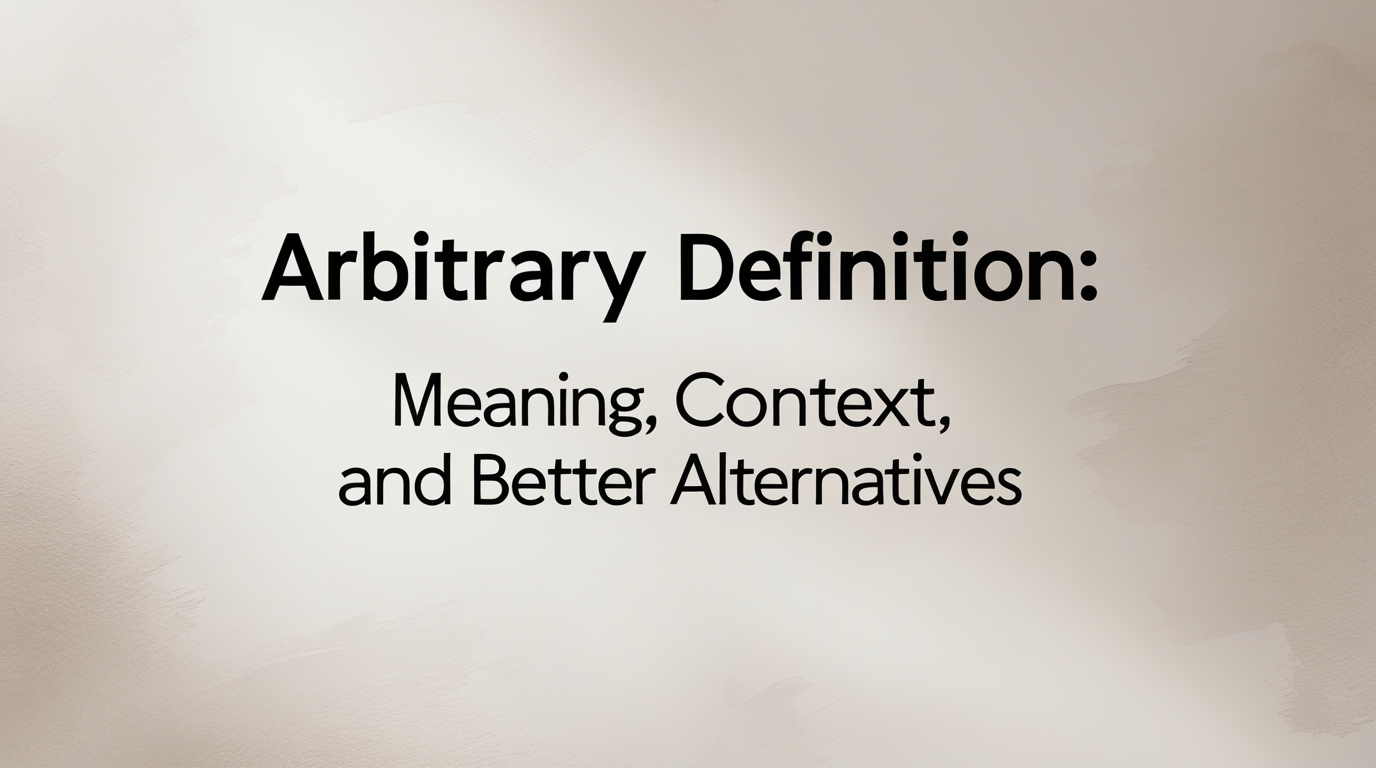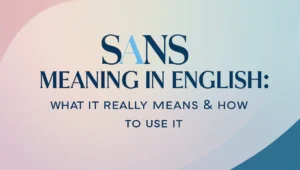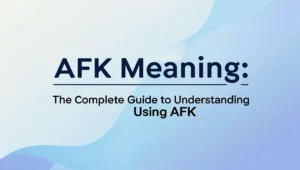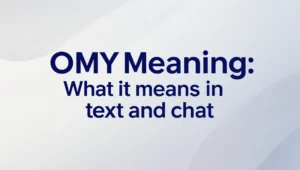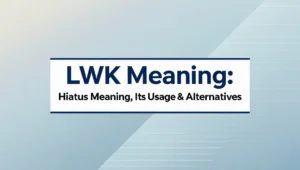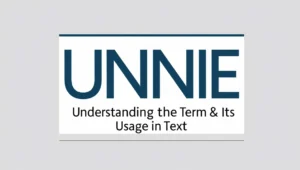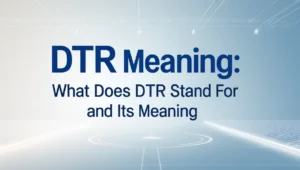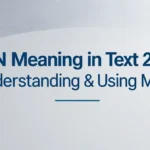On this special occasion of celebrating connection — imagine a wedding anniversary, but in words — we pause to honor the bond between friendship, love, and care that guides our understanding of concepts. Just as two people nurture a partnership through warmth and attention, we nurture our grasp of language with clarity, kindness, and depth. In that spirit, let’s explore the idea of “arbitrary” — its meaning, contexts, and thoughtful alternatives — together as companions in learning and growth. Arbitrary Definition: Meaning, Context, and Better Alternatives
Understanding the Arbitrary Concept in Language
- A concept that feels random yet chosen 🍃
- A meaning not anchored but assigned 🌀
- A notion without inherent necessity 🌌
- A definition that depends on agreement 🤝
- A label not dictated by nature 🌱
- A word whose link is by convention 📘
- A signifier without essential tie 🔗
- A relation built from social pact 🛡️
- A meaning formed in usage 🗣️
- A structure upheld by consensus 🤲
- A rule that holds by acceptance 🧩
- A symbol standing via agreement 🧠
- A mapping without absolute ground 🎯
- A term floating by convention 🎈
- A reference owing to human choice 🎨
Exploring the Meaning of Arbitrary in Depth
- A choice not bound by logical necessity 🧷
- A decision based on preference more than reason 🎛️
- A rule free from natural law 🧬
- A standard adopted by custom 🏛️
- A link relying on a pledge 🪢
- A specification set by authority 🧮
- A system grounded in mutual assent 🧱
- A convention sustained by practice 🛤️
- A format shaped by agreement 🧾
- A method decided by will 🧰
- A relation created by pact 🏷️
- A designation by communal direction 🛤️
- A practice held through tradition 🗝️
- A rule that depends on culture 🌍
- A label tied to norm rather than nature 🧊
Contextual Uses of Arbitrary in Daily Speech
- An arbitrary choice in outfit selection 👗
- An arbitrary rule at work 🎯
- An arbitrary fee in a contract 🧾
- An arbitrary deadline from a manager ⏰
- An arbitrary decision in a meeting 🗳️
- An arbitrary sign on a ticket 🎟️
- An arbitrary limitation in form 🗂️
- An arbitrary parameter in code 💻
- An arbitrary criterion in selection 📋
- An arbitrary restriction in policy 🏢
- An arbitrary judgment in dispute 🏛️
- An arbitrary divide in groups 🧍♂️
- An arbitrary path in planning 🛤️
- An arbitrary mark in grading ✏️
- An arbitrary stipulation in contract 🧷
Arbitrary Definition: Meaning, Context, and Better Alternatives
Varied Interpretations of the Arbitrary Notion
- Random versus intentional distinction ⚖️
- Conventional over essential perspective 🧱
- Flexible meaning in different domains 🛤️
- Ambiguous sense in informal talk 🌀
- Philosophical vs casual interpretation 🧠
- Linguistic implications in semantics 📚
- Pragmatic reading in policy texts 🏛️
- Causal vs noncausal framing 🌌
- Relational sense in social use 👥
- Structural view in logic 🧮
- Normative frame in rules 🧷
- Creative lens in art 🎨
- Technical angle in computing 💻
- Norm vs nature debate ⚗️
- Functional use in databases 🗄️
Semantic Scope of the Arbitrary Term
- Range across philosophy and linguistics 🧠
- Usage in mathematics and logic ➕
- Role in semiotics and signs ✒️
- Application in rules and laws 🏛️
- Presence in programming languages 💾
- Influence in social conventions 👥
- Manifest in art and aesthetics 🎭
- Found in political edicts 🏛️
- Emergence in psychological frameworks 🧬
- Use in design systems 🎨
- Role in taxonomy and classification 🧾
- Relevance in branding and naming 🏷️
- Occurrence in cultural practices 🌍
- Appearance in contracts and codes 📜
- Involvement in algorithmic rules 🤖
Why the Term Arbitrary Carries Impact
- It warns of weak justification 🔦
- It signals risk of capriciousness 🎲
- It suggests room for dispute 🧩
- It invites search for better basis 🧭
- It marks potential unfairness ⚖️
- It challenges blind acceptance 🚧
- It opens space for reasoning 🗣️
- It prompts transparency 🕯️
- It encourages rethinking 🌀
- It reveals hidden assumptions 🧱
- It fosters critical analysis 🔍
- It questions biased choices ⚖️
- It spotlights arbitrary authority 🏛️
- It reveals relational fragility 🌱
- It spurs demand for better rules 💡
Arbitrary Definition: Meaning, Context, and Better Alternatives
Recognizing Arbitrary Decisions in Systems
- A parameter lacking deep rationale 🧷
- A default set by legacy rather than logic 🛤️
- A threshold that seems hollow 🎯
- A value assigned by habit rather than proof 📐
- A boundary drawn from convenience 🧱
- A limit made for simplicity 🧰
- A variable fixed by whimsy 🎈
- A selection driven by inertia 🚂
- A provision from habit more than thought 🗂️
- A clause planted from custom 📝
- A cutoff chosen without study 🔪
- A constraint borrowed historically 🕰️
- A standard adopted by inertia 🌀
- A switch set by precedent 🏛️
- A toggle default without deeper reason 🎚️
Critiquing the Use of Arbitrary in Formal Writing
- It weakens authority if overused ⚠️
- It implies lack of foundation 🧱
- It may frustrate readers 👀
- It invites challenge from critics 🗣️
- It suggests superficiality 🧩
- It hides deeper reasoning 🕳️
- It undermines persuasive power 🛡️
- It weakens a normative argument ⚖️
- It signals uncertain footing 🌫️
- It risks sounding subjective 🎭
- It confuses with capriciousness 🎲
- It dilutes rigor in academic writing 📚
- It deters clear logic flow 🧠
- It may imply arbitrariness in policy 🏛️
- It questions the writer’s basis for claims 🖋️
Replacing Arbitrary: More Precise Expressions
- Chosen by convention instead of arbitrary 🛤️
- Specified by design rather than arbitrary 🏗️
- Based on consensus, not arbitrary 🤝
- Defined by logic over arbitrary 🧠
- Determined by necessity over arbitrary 🧱
- Set by context not arbitrary 🌐
- Governed by rule not arbitrary 🏛️
- Informed by data not arbitrary 📊
- Guided by principle not arbitrary ⚖️
- Framed by criteria over arbitrary 📋
- Regulated by standard not arbitrary 📏
- Structured by norms not arbitrary 🧭
- Rooted in reason rather than arbitrary 🌱
- Based on function not arbitrary 🧰
- Controlled by intention not arbitrary 🎯
Arbitrary Definition: Meaning, Context, and Better Alternatives
Substitute Terms That Echo the Arbitrary Sense
- Conventional in place of arbitrary 📘
- Discretionary replacing arbitrary 🎛️
- Optional as alternative to arbitrary 🌿
- Unconstrained in lieu of arbitrary 🌌
- Voluntary in place of arbitrary 🤲
- Free‑choice instead of arbitrary 🕊️
- Permissive rather than arbitrary 🗝️
- Elective over arbitrary 💡
- Indeterminate replacing arbitrary 🌫️
- Subjective as counterpart to arbitrary 🧠
- Random as near neighbor to arbitrary 🎲
- Arbitrament in archaic usage 🎩
- Rule‑based substituting arbitrary 🏗️
- Normative in place of arbitrary ⚖️
- Decided rather than arbitrary ✍️
Choosing Better Alternatives to Arbitrary
- Use discretionary when choice is allowed 🎛️
- Use voluntary for willing action 🤲
- Use conventional when norm shapes meaning 🏛️
- Use rule‑based when structure holds 📏
- Use reasoned when logic supports claim 🧠
- Use principled when ethics inform ⚖️
- Use contextual when environment matters 🌐
- Use defined if you set clear boundaries 🧷
- Use normative when standards apply 📋
- Use designed when created deliberately ✍️
- Use deliberate when choice is conscious 🎯
- Use reasoned when backed by data 📊
- Use structured when layout is clear 🏗️
- Use rational when thinking leads result 🧬
- Use criterial when criteria drive choice 🧩
Refining Understanding Beyond Arbitrary
- Look deeper than label 🌱
- Seek foundation behind choice 🧭
- Examine motives driving rule 🔍
- Test whether logic supports decision 🧠
- Ask why a restriction exists ❓
- Consider alternative bases for rule 🎛️
- Explore context behind assignment 🌐
- Probe consistency of criteria 📏
- Find data underlying decision 📊
- Debate fairness of standard ⚖️
- Reveal hidden assumptions 🕳️
- Demand clarity for definitions ✍️
- Encourage accountability in rules 🛡️
- Promote reasoning over blind acceptance 🪞
- Invite discussion of alternatives 🗣️
Arbitrary Definition: Meaning, Context, and Better Alternatives
Balancing Arbitrary and Reason in Usage
- Mix convention with logic ⚖️
- Use rules grounded in data 📊
- Provide rationale alongside assignment 🧠
- Avoid pure whim in decision making 🎯
- Train judgment rather than defaulting 🧩
- Blend flexibility with standards 🧷
- Insist on transparency for choices 🔍
- Accompany constraints with explanation 🖋️
- Foster dialogue over bare mandates 🗣️
- Allow exceptions justified by reason 🌀
- Encourage criteria adjustments over time ⏳
- Document logic behind assignments 📚
- Use guidelines rather than arbitrary orders 🌱
- Review choices for consistency 🧱
- Nurture shared understanding of rule bases 🤝
Illustrative Examples of Arbitrary Replacement
- Use discretionary in fiscal policy 🎛️
- Use voluntary in volunteer programs 🤲
- Use normative in professional standards 📏
- Use designed in software architecture 💻
- Use principled in ethical codes ⚖️
- Use contextual in legal judgments 🌐
- Use reasoned in academic arguments 🧠
- Use rule‑based in quality control 🏗️
- Use criterial in hiring criteria 📋
- Use deliberate in marketing strategy 🎯
- Use structured in curriculum design 🧷
- Use rational in economic modeling 🧬
- Use defined in protocol design 🛡️
- Use principled in governance frameworks 🏛️
- Use principled in project charters 🏗️
Best Practices When Addressing Arbitrary in Writing
- Explicitly explain your basis 🌟
- Anchor rules in clear criteria 📏
- Provide context for your decisions 🌐
- Avoid vague usage of arbitrary 🌀
- Use stronger terms when possible ✍️
- Offer examples to illustrate meaning 🖼️
- Compare alternatives to clarify choice ⚖️
- Be consistent in terminology 📚
- Justify thresholds with data 📊
- Acknowledge room for debate 🗣️
- Invite feedback on rule design 🔄
- Use qualifiers instead of pure arbitrary 💡
- Document reasoning for transparency 📖
- Reevaluate decisions over time ⏳
- Use reader‑friendly language 🙌
Arbitrary Definition: Meaning, Context, and Better Alternatives
Closing Thoughts
Language is much like a garden: it needs nurture, attention, and clear roots. Using the term arbitrary without care can risk leaving your ideas hanging like petals without stems. But by weaving in reason, principle, and context, you turn words into bridges of trust rather than walls of confusion. May you always choose definitions that carry heart, logic, and clarity — for that is how true connection occurs, in relationships and in communication.
Frequently Asked Questions
What does arbitrary mean in simple terms? Arbitrary means chosen not because of necessity or logic but by agreement, whim, or custom. It lacks essential or natural justification.
Is arbitrary always negative? Not always. Sometimes arbitrary choices are perfectly acceptable when rules are flexible or conventions suffice. The key is transparency.
How do I know when to avoid arbitrary usage? If readers might question your basis for a rule, avoid using the term arbitrary and instead supply strong reasoning or a clearer alternative.
Can arbitrary appear in mathematics or logic? Yes. In math, an arbitrary value often means “any choice” assumed for generality. But in formal proofs, one typically binds it with conditions.What is a better replacement for arbitrary in policies? You can use principled, reasoned, rule‑based, criterial, or conventional depending on your context.

